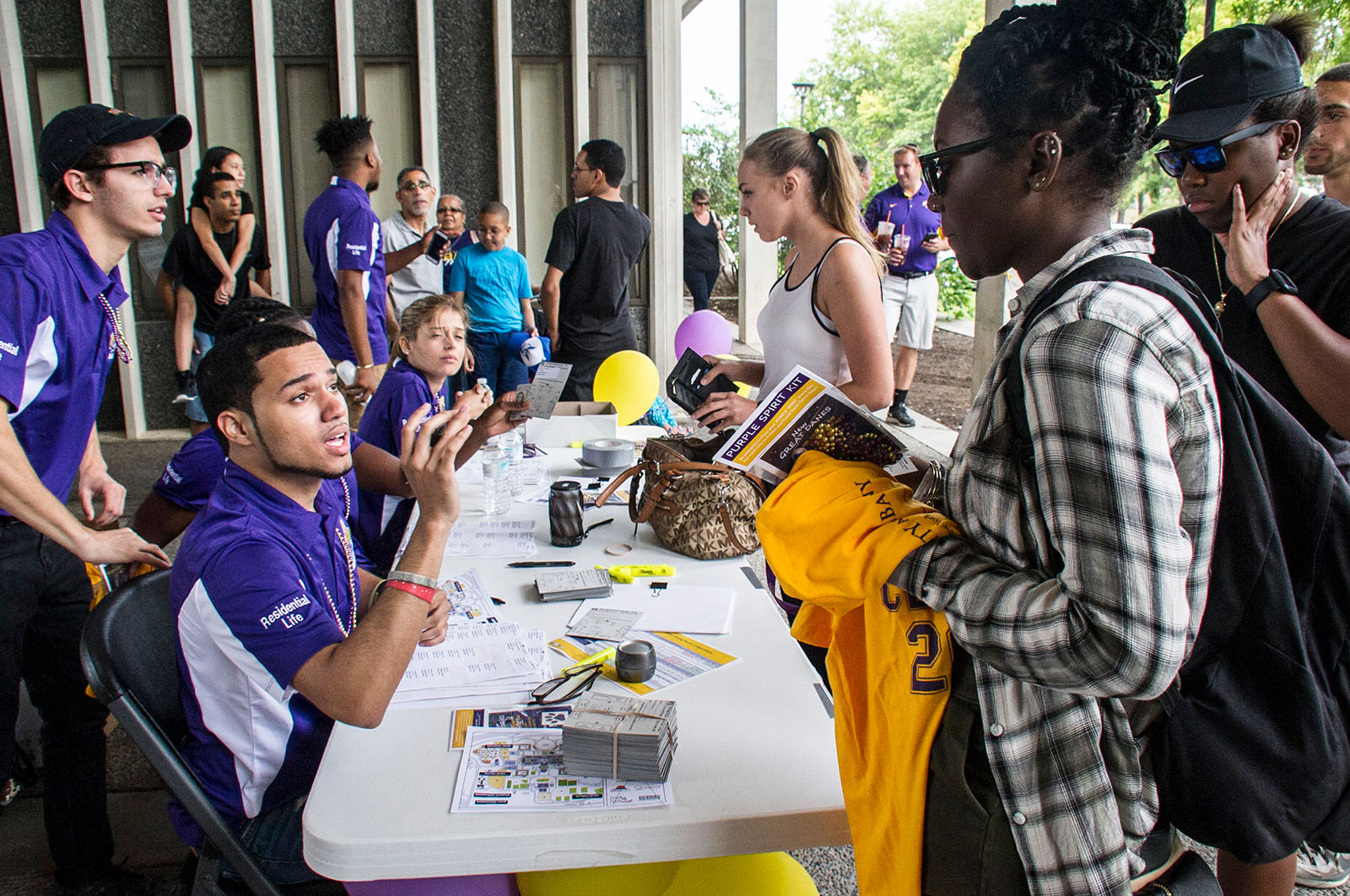Learning objectives that UAlbany students are expected to attain through their course of study within their academic program.
Bachelor of Arts
The undergraduate program in philosophy helps students become accomplished critical thinkers and writers who are knowledgeable about the main areas of Western philosophy. Students learn to analyze both familiar and abstract concepts, to produce well-constructed arguments, to criticize the arguments of others fairly, and to express their ideas clearly in writing. They come to comprehend some of the most important philosophical problems, both as they have been addressed by great thinkers of the past and as they are examined today.
Learning objectives:
- Students understand and recognize the significance of the history of philosophy.
- Students understand the scope of philosophy and encounter material from its several areas.
- Students are able to read philosophical texts critically.
- Students are able to write clearly about philosophical topics.








